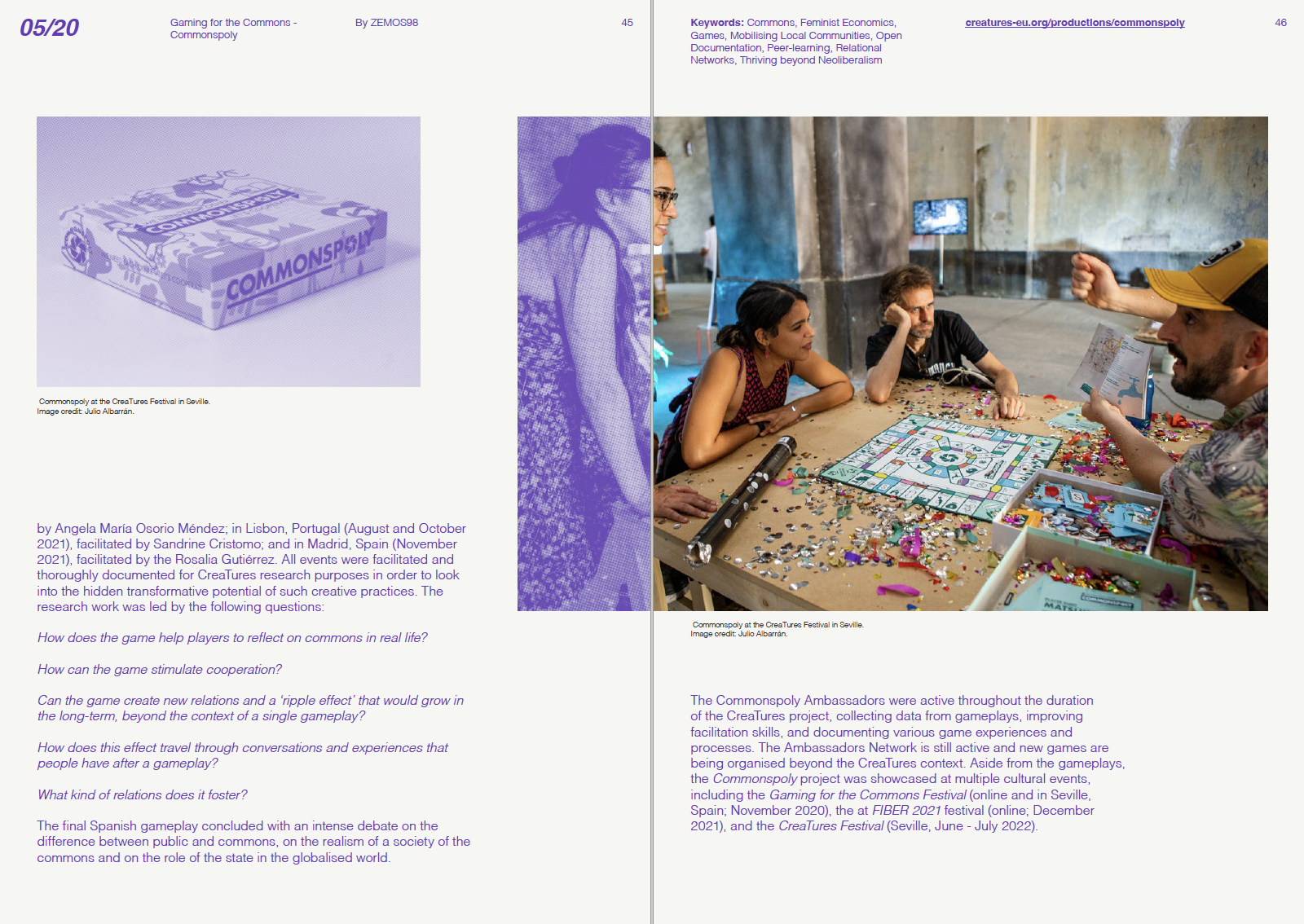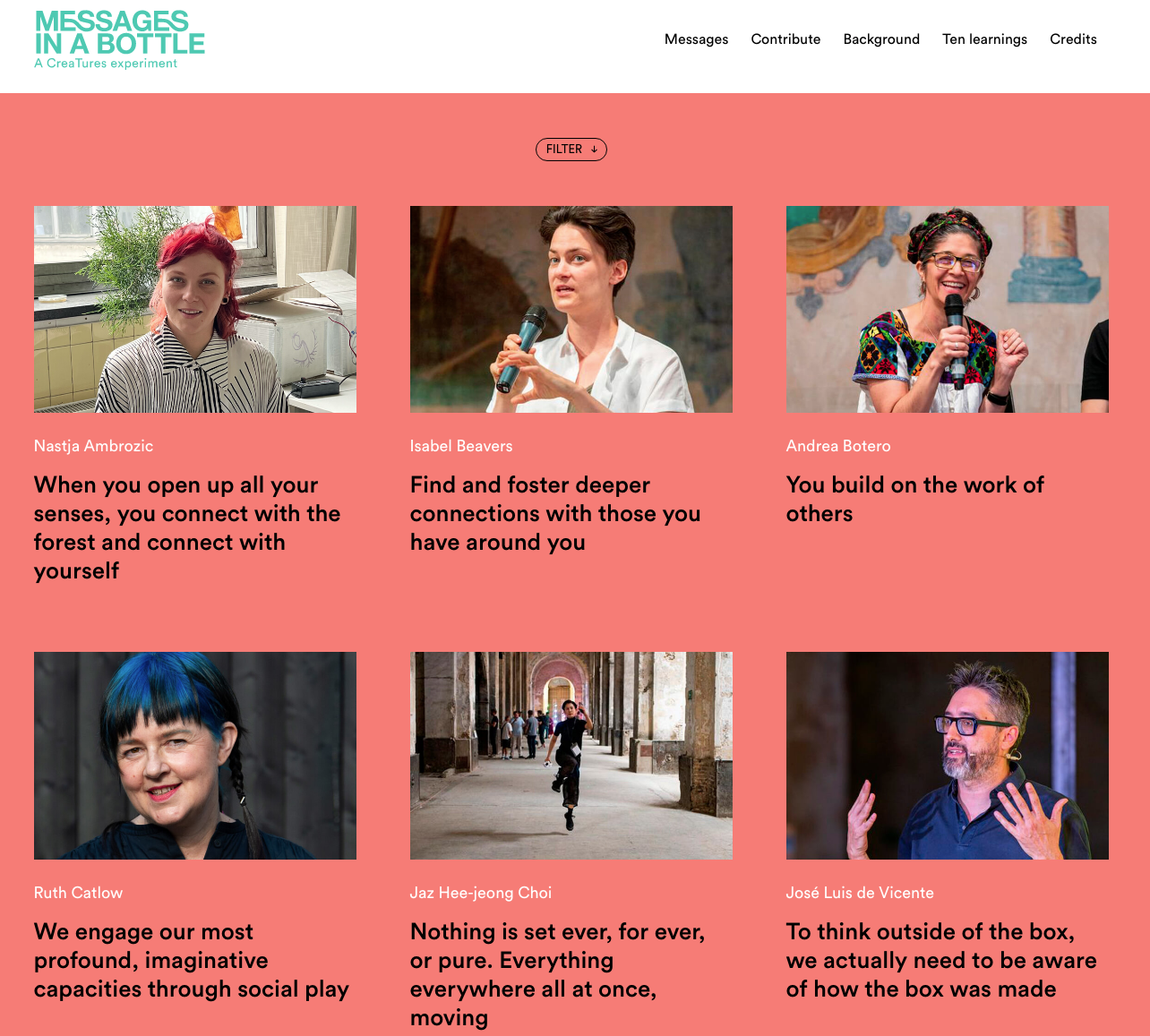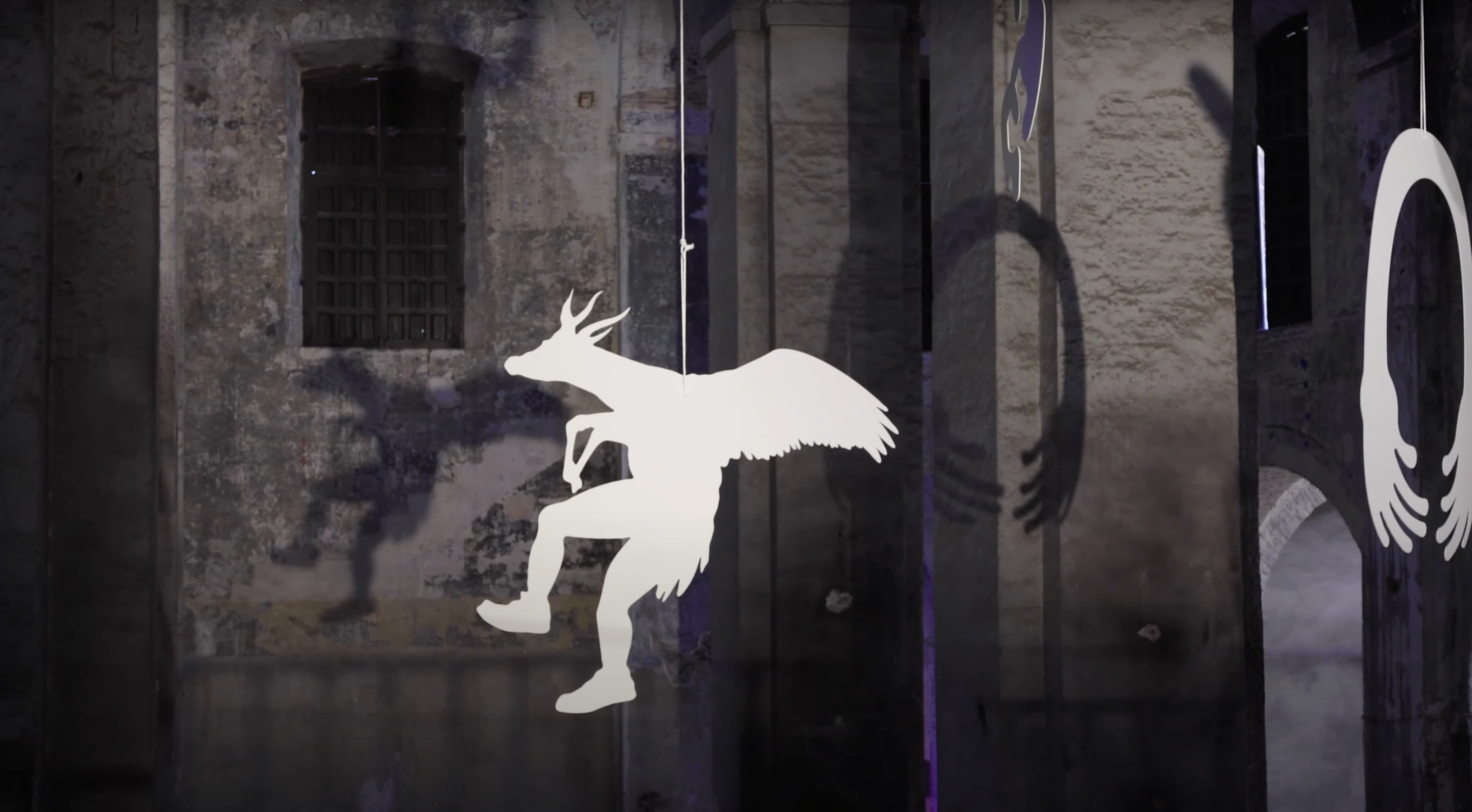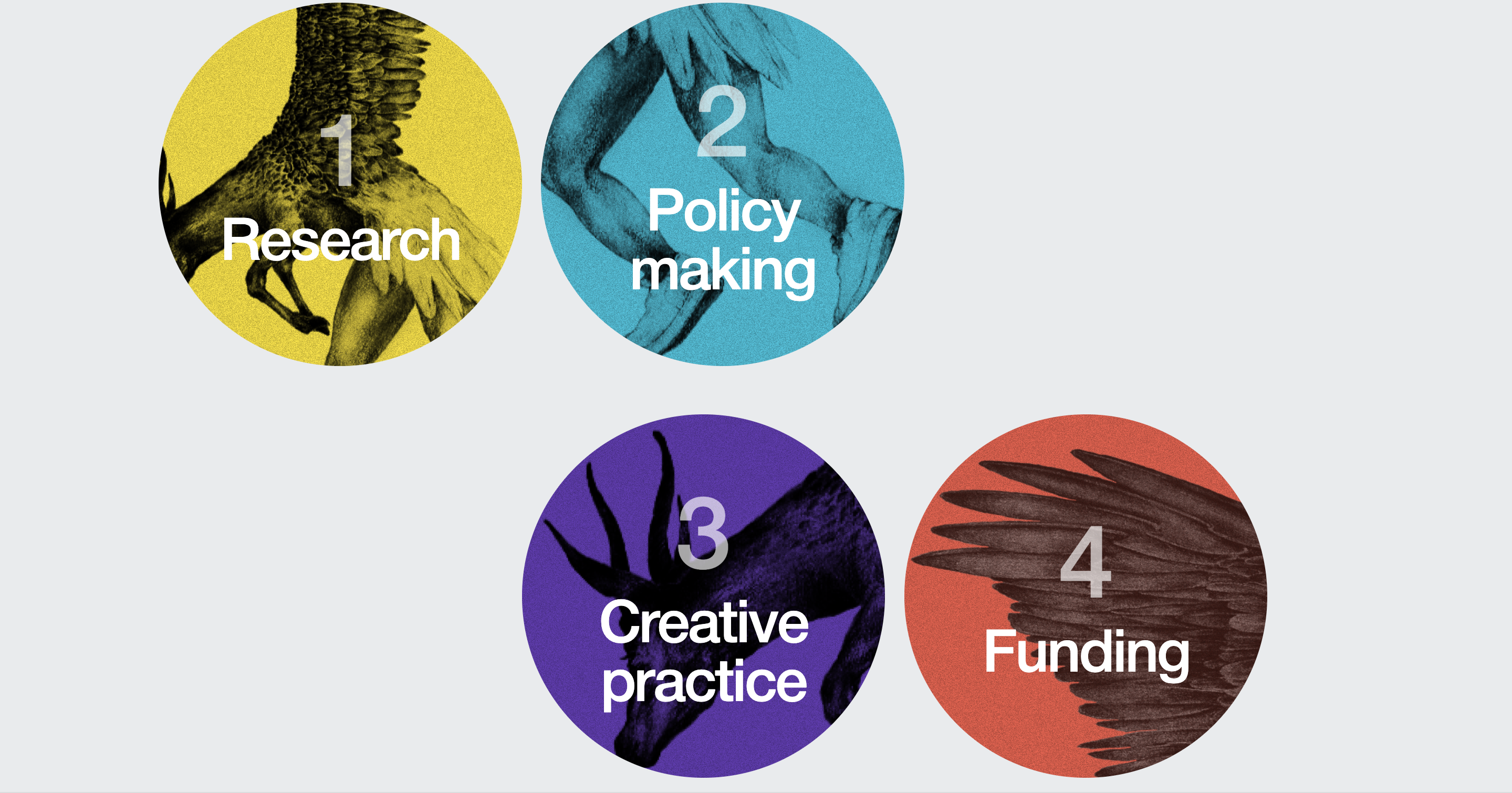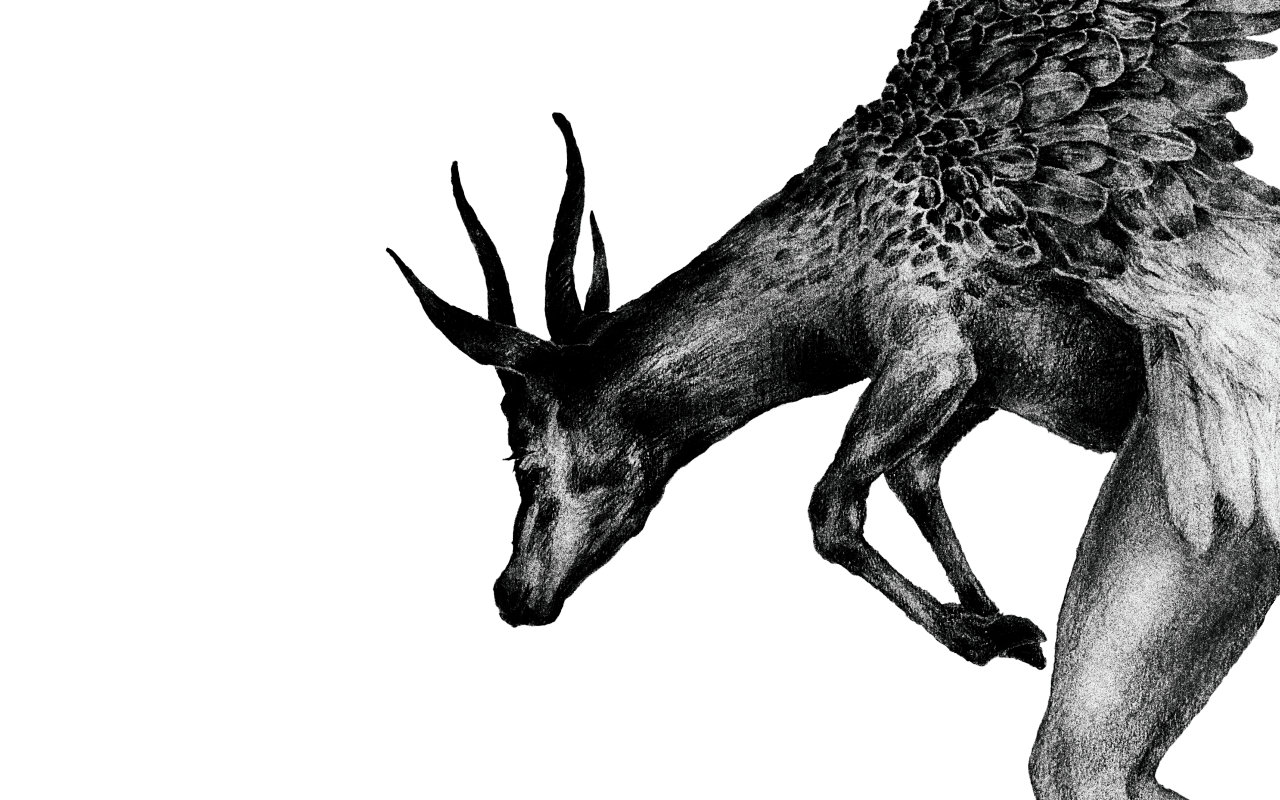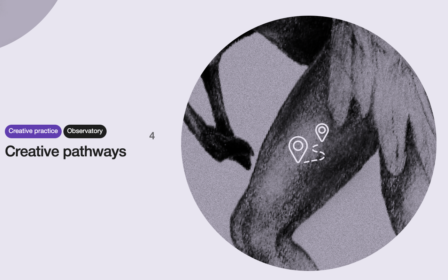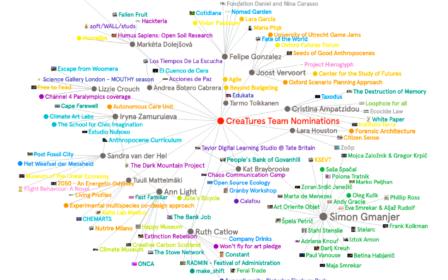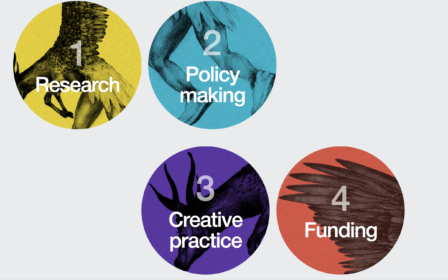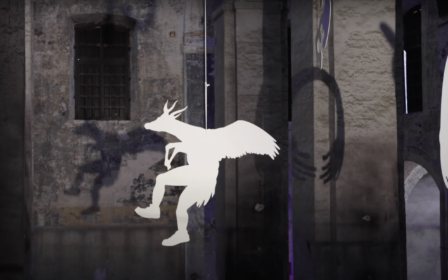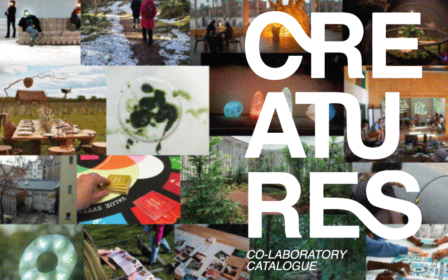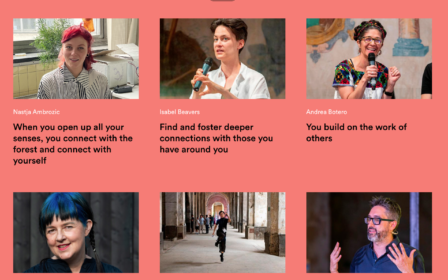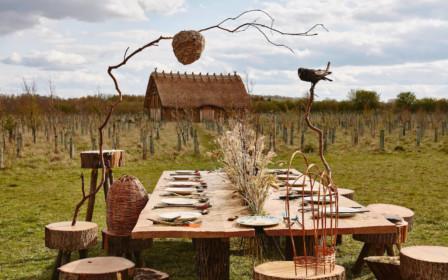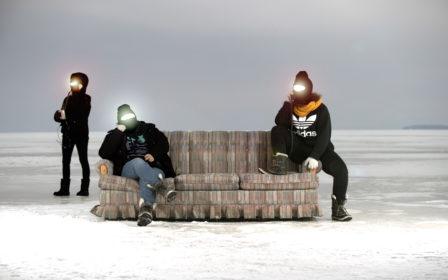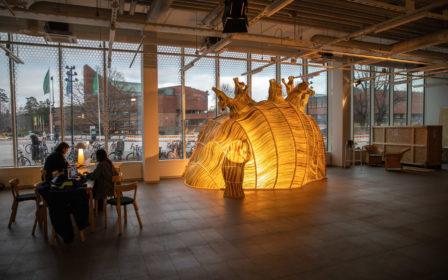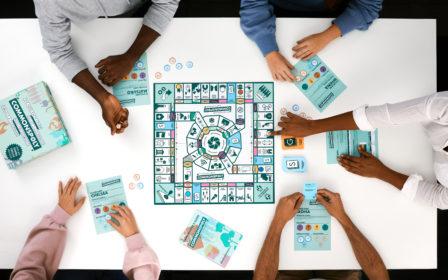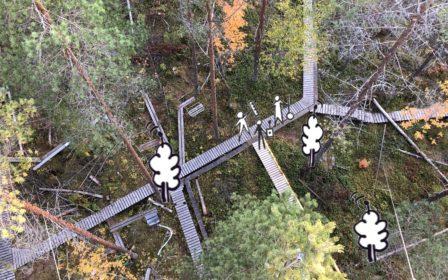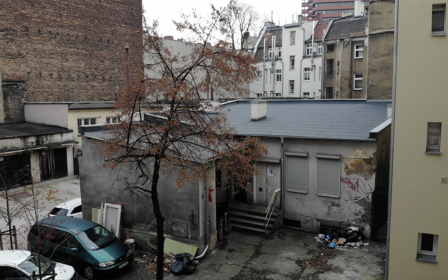Creative practices have already shown transformational potential in the area of social cohesion and environmental citizenship, but they are often fragmented, poorly resourced, and badly understood. The CreaTures project (Creative Practices for Transformational Futures) demonstrates the power of existing – yet often hidden – creative practices to move the world towards eco-social sustainability.
Through experimental co-creation, observation, and evaluation of diverse transformational creative practices, followed by a direct engagement of various stakeholders (including policymakers, researchers, artists, designers, and members of the public), the CreaTures project generates a diversity of insights and resources demonstrating how creative practices can stimulate action towards eco-socially sustainable futures. The CreaTures Framework summarises these findings in a concise and easy-to-access way.
